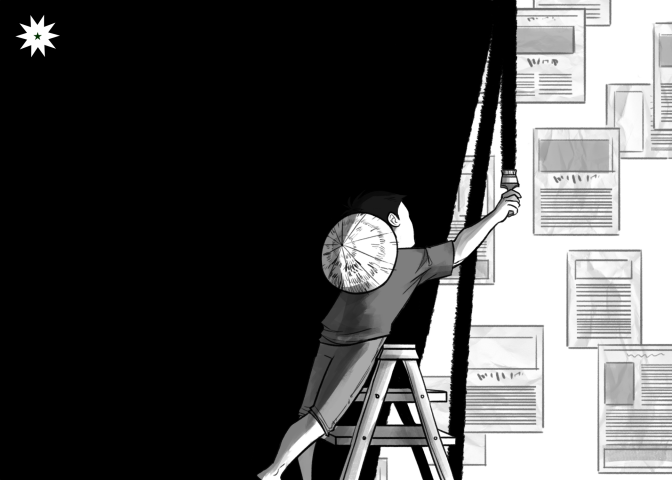On December 19, Judge Jocelyn Solis Reyes served the long-awaited verdict on the Maguindanao Massacre case, 10 years after it took place. Regarded as one of the worst election-related violence in the country and the deadliest single attack on journalists in history, the Quezon City Regional Trial court found brothers Zaldy Ampatuan, Sajid Ampatuan, and Andal Ampatuan Jr. guilty, among others. A total of 58 people were killed in the massacre, 32 of whom were journalists.
The verdict was met with relief by the victims’ families, who had been waiting years for justice to be served for their loved ones. Although the ruling was deemed a momentous event, many believe that this is only a step in the right direction when it comes to upholding press freedom in the country. Presidential Communications Operations Office Secretary Martin Andanar said that the ruling could possibly help dissociate the Philippines from being touted as among the worst countries for journalists.
As of April 2019, the Philippines ranks 134th out of 180 countries in the World Press Freedom Index, and in 2018, it was also branded as the deadliest peacetime country for journalists within Southeast Asia in the Southeast Asia Media Report published by the International Federation of Journalists. According to data from the UNESCO Observatory of Killed Journalists, an online database documenting cases on slain media practitioners, 104 journalists have been killed in the Philippines since 1996. The Maguindanao Massacre is far from being the only gruesome epitome of the threats launched against the state of journalism in the country.
On February 13 of last year, Maria Ressa, the CEO of Rappler, was arrested for a case of cyber libel for an article published four months before the passing of the exact law she was accused of violating. This is not the first time the incumbent administration has clashed with the news outlet; the government had previously imposed a hefty ban, disallowing Rappler’s journalists from covering any presidential engagement events. President Rodrigo Duterte had also previously referred to Rappler as a “fake news outlet”. One of the leading media groups in the Philippines, ABS-CBN, has also recently come into hot waters. Duterte himself called out the broadcast giant and argued that it would be better to sell the network rather than push to have their franchise renewed. ABS-CBN, whose franchise is set to expire this March 2020, drew the President’s ire for not airing his advertisements during his presidential campaign in 2016.
Just this January 9, a reporter who was filming an altercation between the police and devotees during the Traslacion had his phone taken away by the implicated police officer. The said officer deleted the video of the commotion, though the video was later retrieved, drawing attention to the officer’s decidedly unwarranted actions.
These attacks on journalism are a sign of a bigger problem, reflecting societal perspectives toward the media. It is the duty of the press to inform and educate people so that they may be aware of societal happenings. However, when the press is repeatedly discredited, public opinion erodes until some start to question whether its purpose justifies its existence.
Citizens, even the youth, do not exist in a bubble unaffected by events and truths happening outside of their immediate surroundings—on the contrary, they are very much agents in society, determining present circumstances and carrying how the future world is shaped.
As citizens of this country and of this world, we rely on the media for relevant information, especially for things we may not be able to witness ourselves. In order to be better citizens, we need to digest and analyze what the media reports on; it is through this that we can better formulate opinions and deepen our understanding of the complexities of our reality, enabling us to better maneuver these contexts.
While it is true that the press is neither infallible nor exempt from scrutiny, media remains an integral part of an informed, critical, and aware society. The Maguindanao Massacre verdict only serves to remind us of the long harrowing road toward press freedom in a time of increasing violence toward journalists, and in a time where media’s importance in society is only becoming more undeniable.

